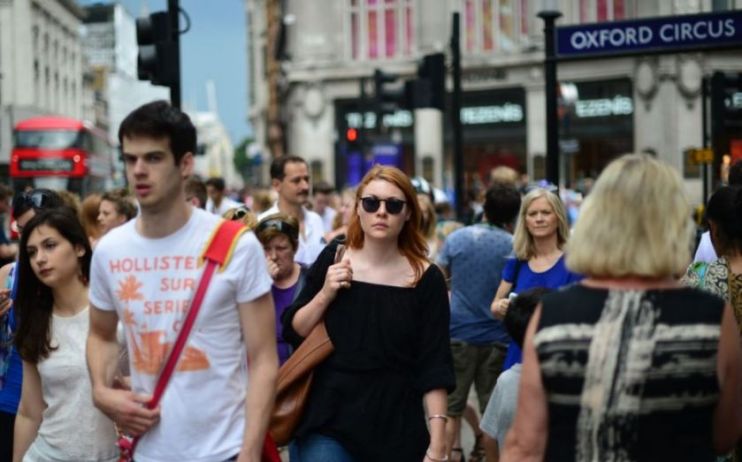Covid crisis could slash wages by ‘£1,200 a year’ by 2025

The coronavirus pandemic will prolong Britain’s 15-year squeeze on household incomes and cut pay by £1,200 a year by 2025, according to a major think tank.
In a stark report released today, the Resolution Foundation warned that despite politicians proclaiming an end to austerity, “its legacy will continue for many public services” throughout the course of the current government.
Wages had only just recovered from a decade of stagnation after the 2008 financial crisis before the pandemic hit in March.
The Covid crisis means that household incomes will have grown only 10 per cent in the 15 years since 2008, compared with 40 per cent in the previous 15 years.
The Resolution Foundation said the combined effect of weaker pay growth and higher unemployment will prolong the UK’s living standards squeeze and cause “immense damage” to public finances.
Torsten Bell, chief executive of the Resolution Foundation, said: “The pandemic is just the latest of three ‘once-in-a-lifetime’ economic shocks the UK experienced in a little over a decade, following the financial crisis and Brexit. The result is an unprecedented 15-year living standards squeeze.”
It comes after chancellor Rishi Sunak yesterday boosted his Covid-19 spending to £280bn in his winter Spending Review, and set aside a further £55bn for 2021.
UK borrowing is set to catapult to £394bn this year, more than twice as high as the peak deficit during the financial crisis in 2009-10.
However, the chancellor drew stiff criticism over a decision to enforce a pay freeze on at least 1.3m public sector workers.
The chancellor announced pay hikes for frontline NHS staff and lower paid workers, but said rises for others in the public sector were being “paused.”
The pay freeze will likely affect civil servants, teachers, police, firefighters, the armed forces, and council staff.
The Resolution Foundation said the bulk of fiscal support in the wake of the crisis will need to come from tax rises, adding: “While the priority now is to support the economy, the permanent damage to the public finances will mean tax rises in the future.”
The Conservative party’s General Election manifesto last year pledged not to increase income tax, VAT and national insurance.
However, Sunak today refused to rule out tax hikes, telling the BBC that “itt wouldn’t be appropriate for chancellors — any chancellor — to speculate about future tax policy because that has real-world implications”.
“As you would find from any chancellor, they would talk about fiscal policy at a Budget, and obviously we will have one in the spring — we normally have them in the autumn.”